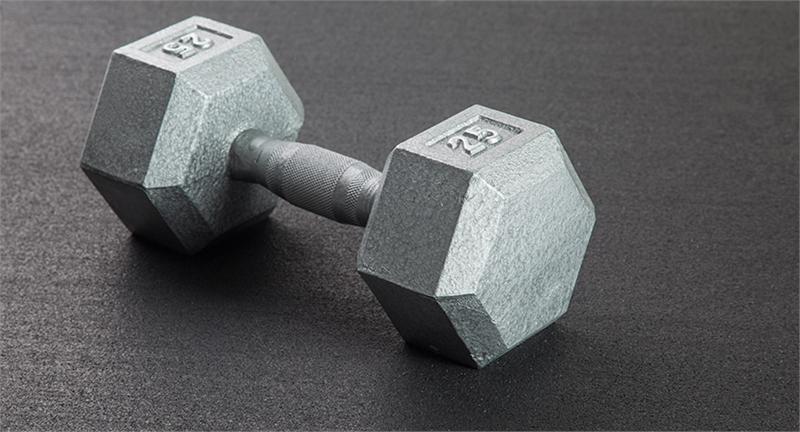
Ultimate Guide to Choosing Rubber Gym Mats: Superior Protection with IRON COMPANY
Discover the unparalleled benefits and advantages of purchasing Rubber Gym Mats from IRON COMPANY, your trusted fitness flooring specialist since 1997. Our detailed guide will help you navigate through different mat thicknesses, ensuring optimal protection for both your floors and equipment, and making your buying experience seamless, whether online or through our team of experienced sales representatives.
When it comes to setting up your workout space, protecting your floors and equipment is paramount. IRON COMPANY, a pioneering supplier in gym equipment and flooring solutions since 1997, offers an extensive range of high-quality rubber gym mats tailored to your specific needs. Whether you are a home gym enthusiast or run a commercial gym, our guide will help you choose the right thickness and type of rubber gym mat, ensuring you receive the best impact protection.
Understanding Rubber Gym Mat Thickness
The thickness of your rubber gym mat should correlate with the type of equipment used and the intensity of lifting performed. Here's a quick guide to help you understand the different thicknesses available and their applications:
-
1/4" Thick Rubber Gym Mats: Ideal for home gyms and studios with low impact from dropped weights. Suitable under cardio machines, selectorized strength machines, and utility benches with light use. Available in various materials and colors.
-
3/8" Thick Rubber Gym Mats: Offering enhanced impact protection, these mats are recommended under cardio and some strength equipment, suitable for lightweight dumbbells, barbells, and kettlebells. Available in smooth black and speckled colors.
-
1/2" Thick Rubber Gym Mats: Robust and versatile, these mats are designed for heavier lifting and under strength equipment such as squat racks and bench presses. Available in recycled rubber, vulcanized recycled rubber, and various sizes and colors.
-
3/4" Thick Rubber Gym Mats: For the ultimate protection, these heavy-duty mats are suitable for commercial gyms and intense lifting. Commonly used in horse stalls, these mats are available in black, speckled recycled rubber, and vulcanized rubber for increased strength and longevity.
Key Considerations When Purchasing
1. Rubber Mat Gaps: Ensure your mats are "trued" to avoid gaps. Truing squares all four edges perfectly for a seamless fit, contributing to the aesthetics of your gym.
2. Rubber Gym Mat Odor: Quality matters! Opt for mats from reputable manufacturers like North West Rubber, Ecore International, SurfaceCo, and Mitchell Rubber that use odor mitigates to reduce the initial smell.
Installation and Maintenance Tips
- Cutting and Trimming: Allow mats to acclimate for 24 hours before trimming. Use sharp tools and occasionally coat the blade with WD-40 for smoother cuts.
- Adhesive Requirements: Given their weight, rubber mats usually do not require additional adhesive, especially when laid together.
- Cleaning: A vacuum cleaner, mild soap solution, or a neutral PH flooring cleaner can effectively maintain your mats.
Why Choose IRON COMPANY?
Choosing IRON COMPANY means investing in quality, expertise, and unparalleled customer service. Many of our USA Made rubber gym mats are available on the GSA Advantage website, frequently purchased by Government buyers through our GSA contract 47QSMA22D08NN.
Our founder, J.P. Brice, turned his passion for fitness into a leading gym equipment and flooring solutions provider. With numerous patents and trademarks, he has been instrumental in designing IRON COMPANY branded products and ensuring the US Military’s combat readiness through top-notch equipment supply.
Contact Us
Ready to transform your fitness space with our premium rubber gym mats? Contact an IRON COMPANY fitness flooring specialist today at 1-888-758-7527 or email quotes@ironcompany.com. Our team is passionate about designing the perfect flooring solution tailored to your needs!
Purchasing Rubber Gym Mats from IRON COMPANY guarantees you quality, durability, and expert guidance. Our comprehensive guide and varied collection cater to every fitness enthusiast’s needs, ensuring your floors and equipment remain protected. Embrace a worry-free workout experience and elevate your gym’s aesthetic with our top-of-the-range, trued, and odor-mitigated rubber gym mats. Choose wisely, choose IRON COMPANY!


